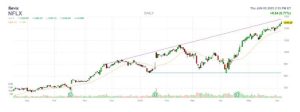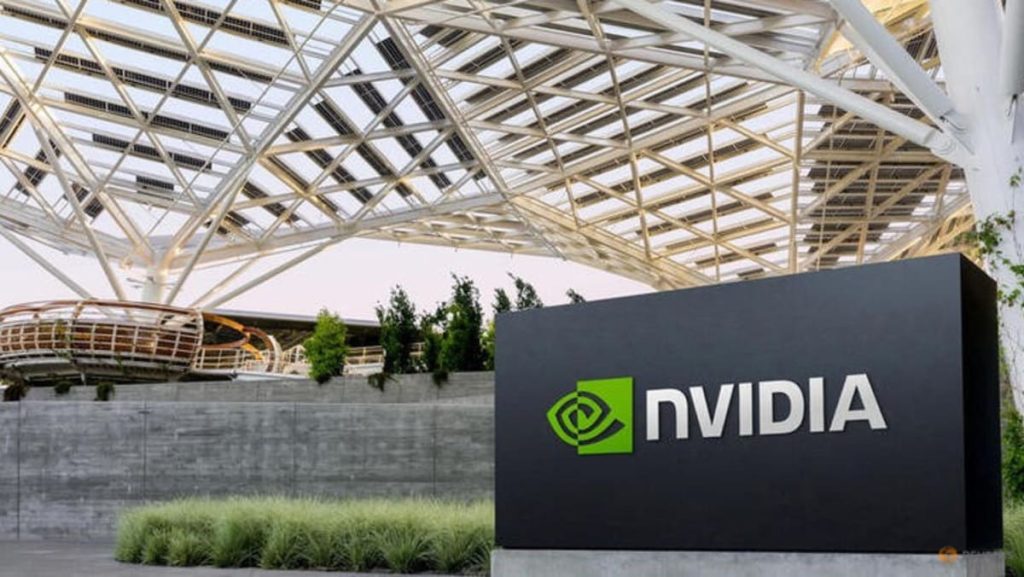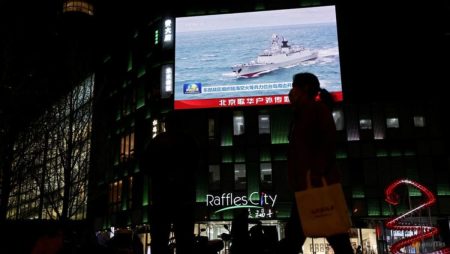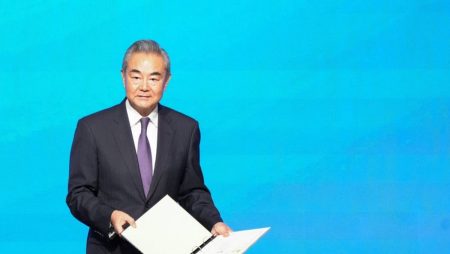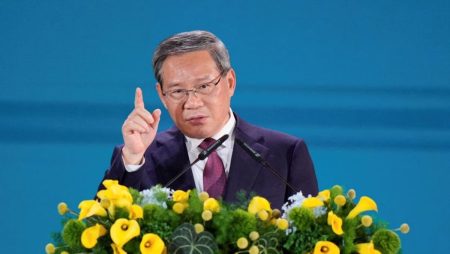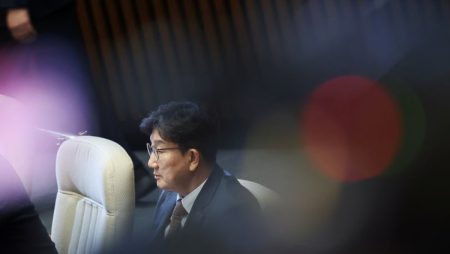The announcement by China’s State Administration for Market Regulation (SAMR) to investigate US chip giant Nvidia for alleged anti-monopoly violations marks a significant escalation in the ongoing technological and economic tensions between the US and China. While SAMR did not specify the precise nature of the alleged violations, the timing of the probe strongly suggests it is a retaliatory measure against recent US restrictions on China’s semiconductor industry. The investigation also encompasses Nvidia’s 2019 acquisition of Israeli chip designer Mellanox Technologies, raising questions about whether the US company has adhered to the terms and conditions set forth by Chinese regulators during the merger approval process. This targeted investigation reflects China’s growing assertiveness in challenging US dominance in critical technology sectors and underscores the increasing complexity of navigating the global tech landscape amidst geopolitical strife.
Nvidia’s position at the forefront of artificial intelligence and gaming chip technology makes it a strategically important player in the global semiconductor market. Its prominence has also placed the company directly in the crosshairs of the US-China tech rivalry. Previous US export controls have already hampered Nvidia’s ability to sell its most advanced AI chips to Chinese customers, forcing the company to develop less powerful, China-specific versions to comply with regulations. This latest investigation adds another layer of uncertainty to Nvidia’s operations in China, a crucial market for the semiconductor industry. The probe could potentially lead to fines, restrictions on its business activities, or even a forced divestiture of assets, impacting not only Nvidia’s bottom line but also the broader landscape of the chip industry.
The ongoing tit-for-tat between the two superpowers highlights the increasing interdependence of global supply chains while simultaneously revealing deep-seated vulnerabilities. The US, concerned about China’s technological advancements and potential military applications, has repeatedly implemented export controls targeting critical technologies like semiconductors. China, in response, has leveraged its control over essential resources, such as rare earth minerals vital for chip manufacturing, to exert pressure on the US and its allies. This dynamic creates significant challenges for multinational companies operating in both markets, forcing them to navigate complex and often conflicting regulatory landscapes.
The broader context of the Nvidia investigation reveals a growing trend towards technological decoupling between the US and China. Both countries are increasingly prioritizing self-reliance and domestic production in strategically important sectors, including semiconductors. This drive for technological independence is fueled by national security concerns, the desire for economic competitiveness, and the escalating geopolitical tensions. The push for decoupling, however, poses significant risks to global economic stability and could lead to fragmented technology ecosystems, hindering innovation and increasing costs for businesses and consumers.
The recent actions taken by both countries underscore the escalating nature of the tech war. Following the US announcement of further chip export restrictions, targeting over 140 Chinese companies, China swiftly retaliated by imposing export controls on gallium, germanium, and antimony – critical minerals used in semiconductor manufacturing. This move demonstrates China’s willingness to leverage its dominance in the rare earth minerals market to defend its interests and exert pressure on the US. Concurrently, four prominent Chinese industry associations issued a joint statement warning domestic companies about the “unsafe” nature of US chips, urging them to prioritize local suppliers. This coordinated response signals a concerted effort within China to bolster its domestic chip industry and reduce reliance on US technology.
The investigation into Nvidia, coupled with the reciprocal export controls on critical materials, signifies a hardening of stances in the US-China tech war. The long-term implications of this escalating conflict remain uncertain. However, it is clear that the competition for technological supremacy is reshaping global supply chains, impacting corporate strategies, and creating a more fragmented and uncertain technological landscape. The increasing politicization of technology will continue to challenge businesses operating in this space, demanding a delicate balancing act between complying with diverging regulations and maintaining access to critical markets. The future trajectory of the US-China relationship, particularly in the technological sphere, will significantly influence the global economic and political order in the years to come.


